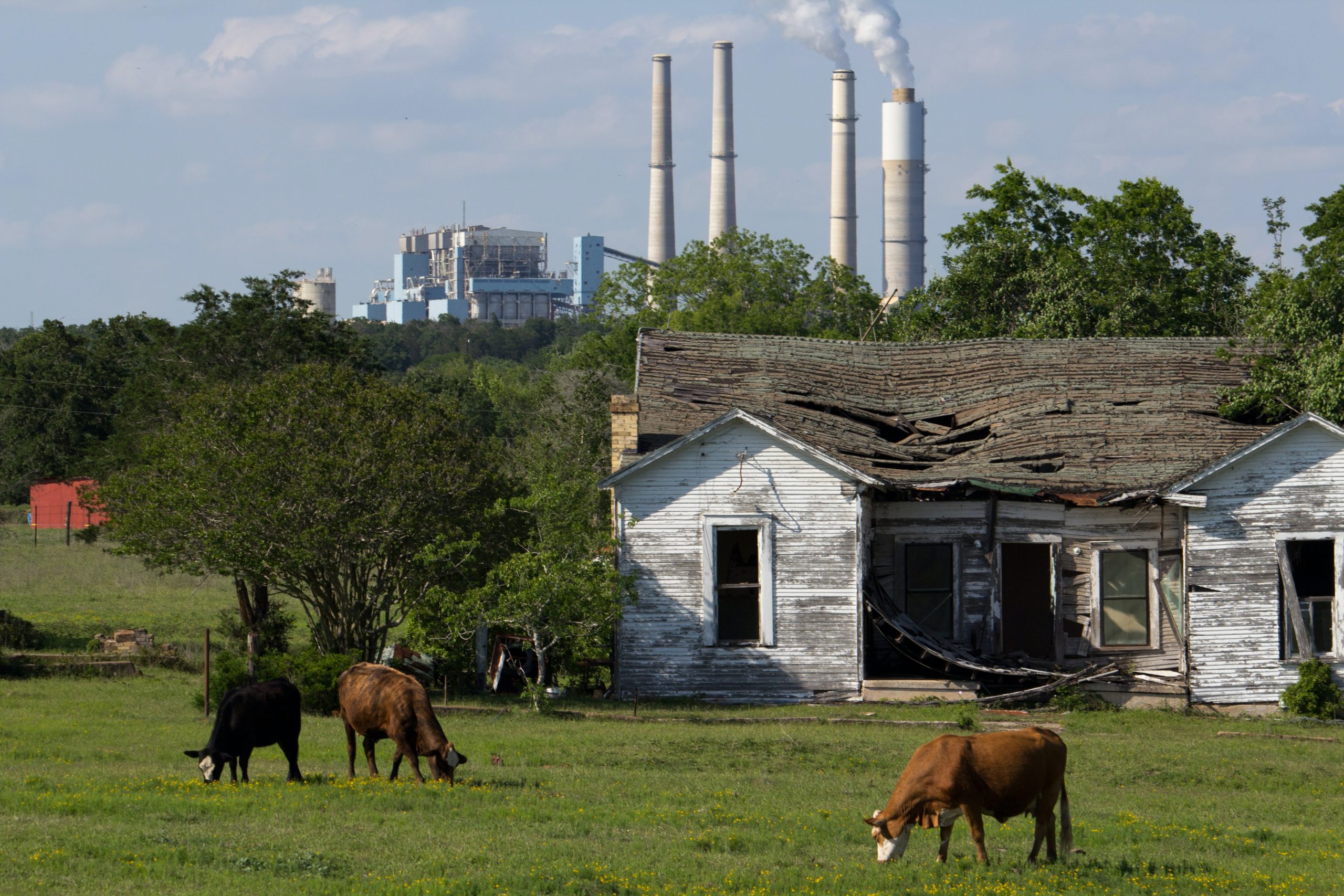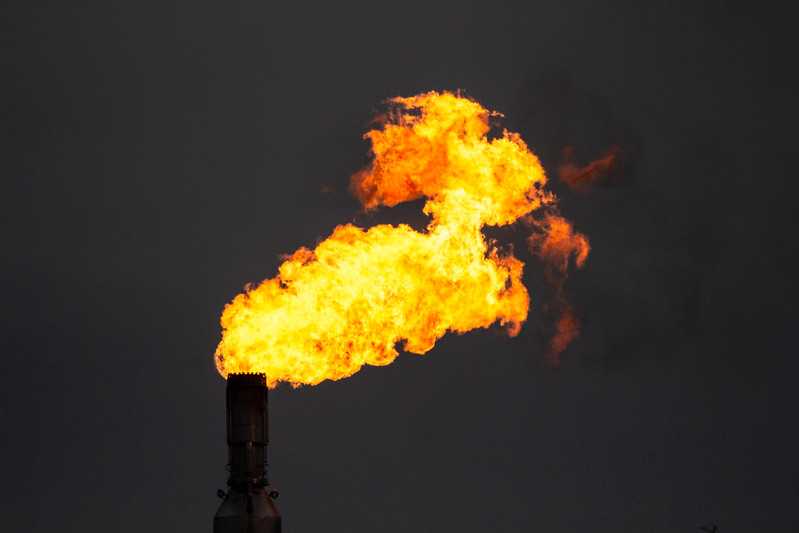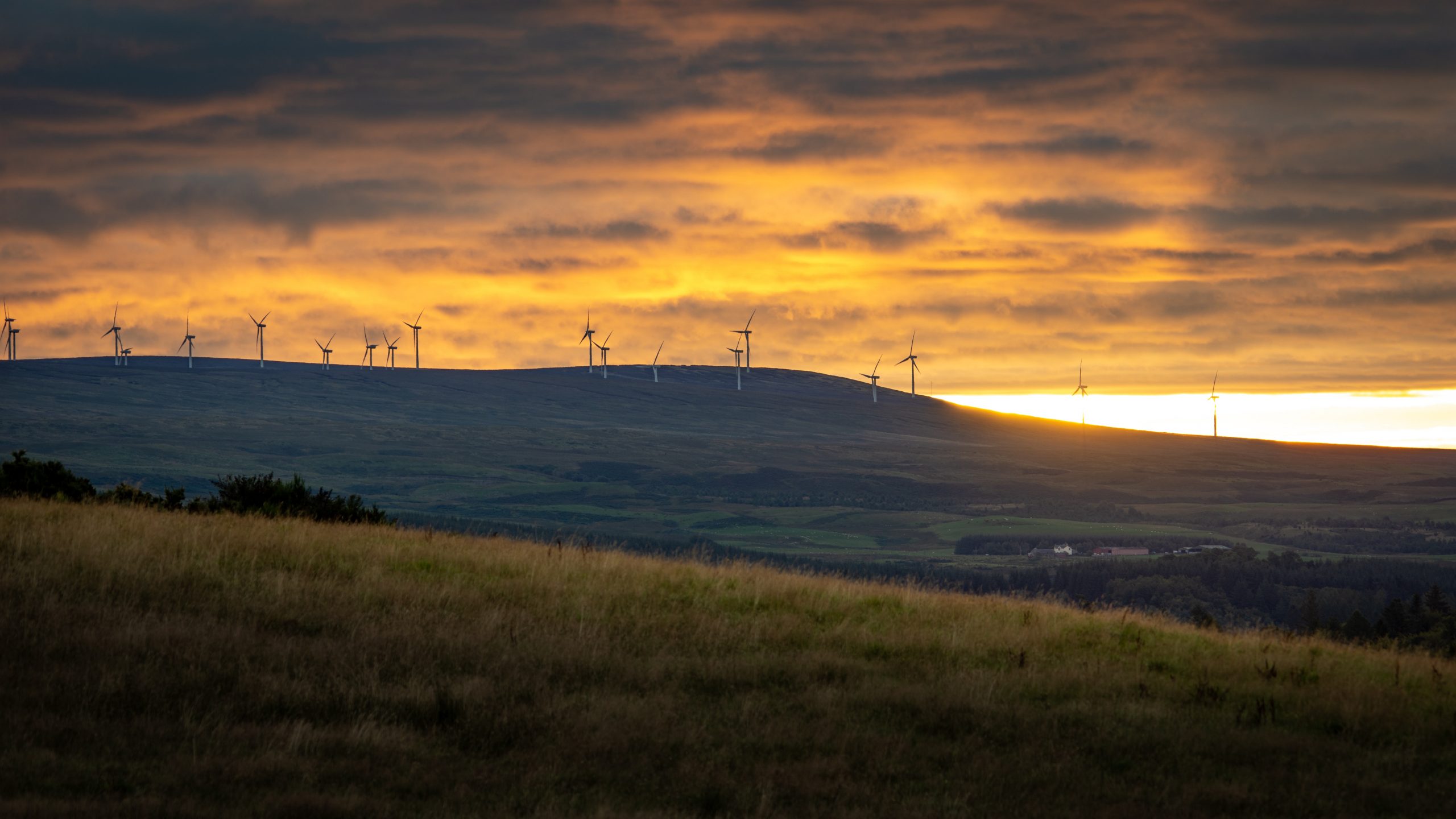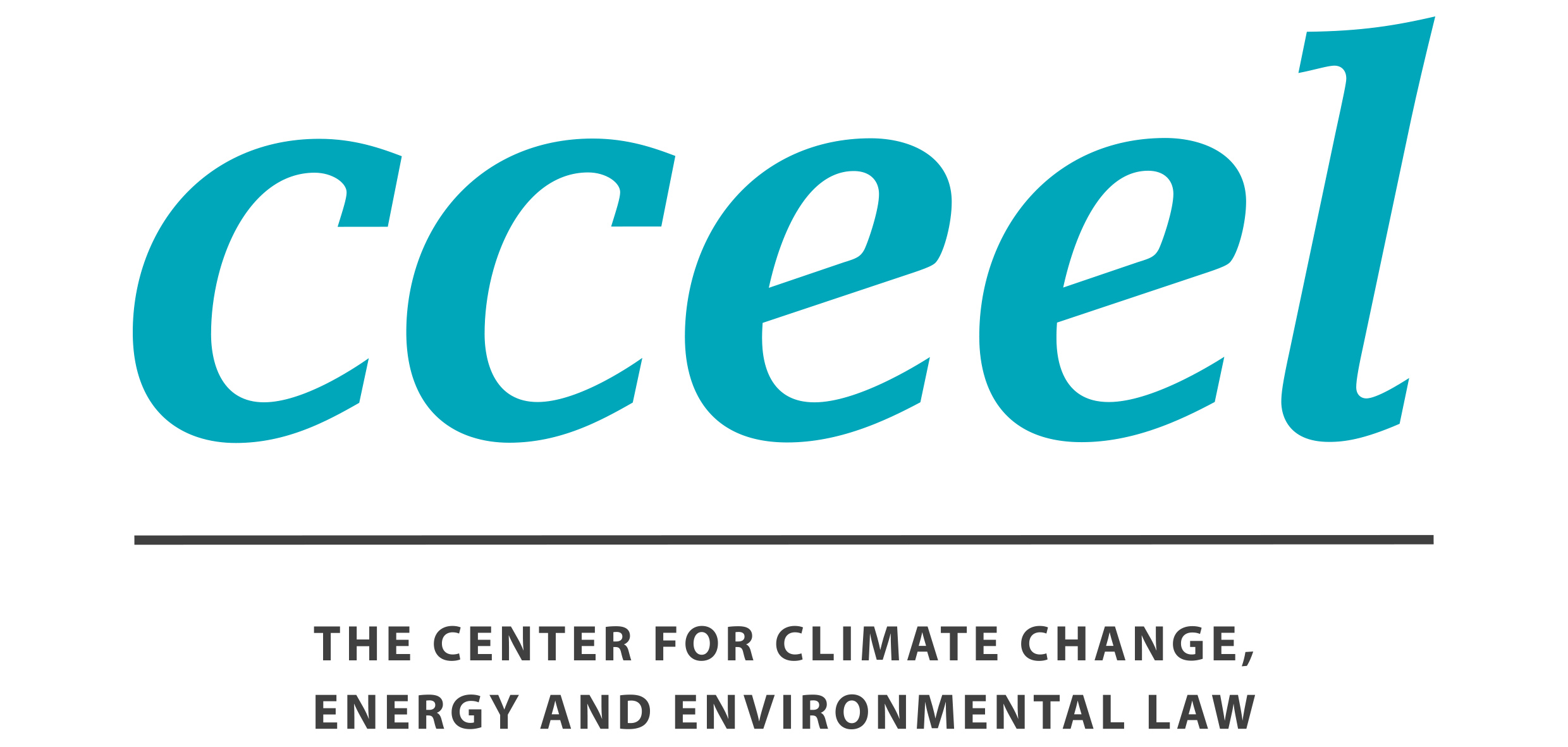Carbon Capture and Utilization under EU Law: A Step Towards Carbon Neutrality
By Reza Maddahi, PhD Researcher Source: International Association of Oil and Gas Producers (2022) The European Union (EU) is on a complex journey to achieve carbon neutrality by 2050. Among the strategies being employed, carbon capture and utilization (CCU) has become a crucial approach alongside carbon capture and storage (CCS). Both technologies play a significant […]

The Intergovernmental Panel on Climate Change – fit for the next assessment cycle?
By Moritz Petersmann, PhD Candidate working on project: Fit for governing the triple planetary emergency? Towards enabling sustainability transformations at international science-policy interfaces The Intergovernmental Panel on Climate Change (IPCC) published the Synthesis Report and its Summary for Policymakers (SPM) for the sixth assessment cycle after a marathon week of deliberations during its 58th session, […]

COP27 flinched on phasing out ‘all fossil fuels’. What’s next for the fight to keep them on the ground?
By Fergus Green, Lecturer in Political Theory and Public Policy, UCL and Harro van Asselt, Professor of Climate Law and Policy, University of Eastern Finland. First published in The Conversation on 21 November 2022. The latest UN climate change summit (COP27) concluded, once again, with a tussle over the place of fossil fuels in the global economy. […]

A brief history of short-lived climate pollutants in environmental science and governance
By Niklas Löther, Research Trainee Interest in climate forcers other than CO2 is on the rise. The IPCC’s latest assessment report dedicates a full chapter to such substances, including gases like methane and HFCs but also aerosols like black carbon. Methane in particular then took centre stage at last year’s COP26, where over 100 states […]

Legal transformations in an era of globalization: the case of REDD+
By Eugenia Recio Piva, Postdoctoral Researcher in Climate Law and Policy (Author’s Note: This blog post is based on my recently defended article-based PhD titled Legal Transformations in an Era of Globalization: the case of REDD+) Forests are critical in ensuring the integrity of the world’s ecosystems and the wellbeing of humanity. Scientists say that […]

Five takeaways on international climate cooperation from the IPCC’s Sixth Assessment Report on mitigation
By Harro van Asselt, Professor of Climate Law and Policy. First published in the NDC Aspects blog on 7 April 2022. The latest report by the Intergovernmental Panel on Climate Change (IPCC) underscores once again why this is a critical decade for climate action: to keep global warming below 1.5°C with a chance of more than […]

COP26: What to expect?
By Nicola Sharman, PhD Researcher. First published in the 2035Legitimacy blog on 28 October 2021. On 1 November, delegates from around the world will come together for two weeks at COP26 in Glasgow, Scotland, to discuss the international response to climate change. After a one-year delay due to the pandemic, the Glasgow conference marks a […]

The Global Methane Pledge: a timely new step in global climate governance
Photo by Markus Branse on Flickr By Harro van Asselt, Professor of Climate Law and Policy and Veera Pekkarinen, PhD Researcher The latest report by the Intergovernmental Panel on Climate Change (IPCC) once again highlighted the need to drastically cut our greenhouse gas emissions to avert climate disruption. While for many years, measures to tackle […]

Just Transition in national climate law: Lessons from Scotland
Photo by Carl Jorgensen on Unsplash Nicola Sharman The concept of just transition is going to play an increasingly prominent role in climate mitigation policy as global decarbonisation processes gather pace. Legal recognition of the concept remains limited, yet Scotland – where COP26 takes place – has positioned itself as a global leader in this […]
